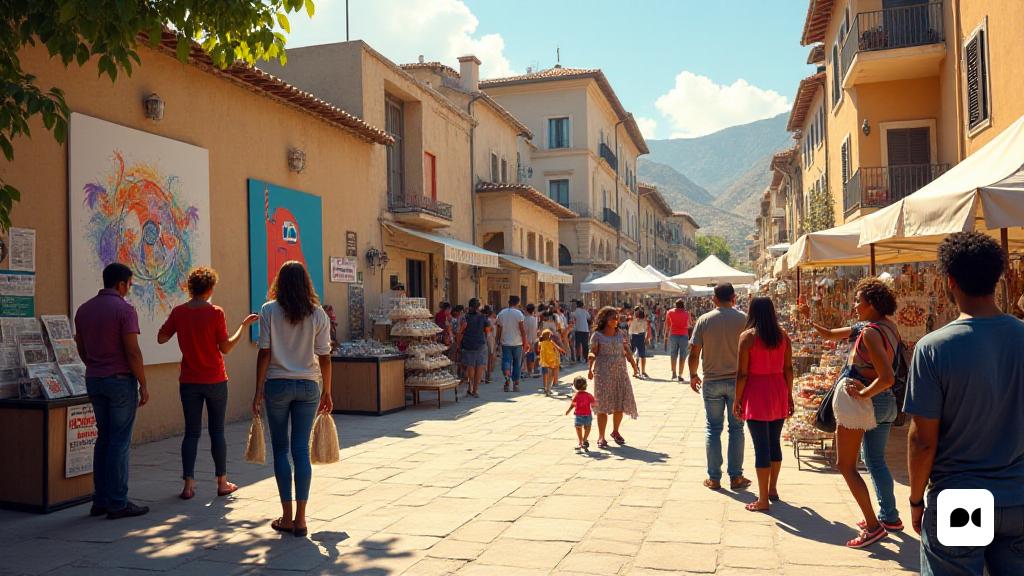Culture: Fundamental pillar of contemporary society
In an increasingly interconnected world, culture has emerged as a key element in everyday life and on the political agenda. The work of Jean-Louis Genard, a professor at the Free University of Brussels, offers a deep reflection on the role of culture in our knowledge society. Genard emphasizes the relevance of criticism and expressiveness as the driving force behind social and political demands, which include the defense of fundamental rights such as freedom of expression and association.
The role of municipalities in cultural promotion
Councils become key players in cultural development, but it is essential to consider the particularities of each municipality. Cultural functions that receive the most financial support include the conservation of heritage, art education and cultural animation. Genard identifies five axes that guide these policies: professionalization, depoliticization, territorial dynamics, the diversity of cultural sectors and the need for attractiveness to the public.
The perception of culture at the citizen level
At the local level, culture is perceived in a diverse way, covering from academic forms to the most innovative manifestations. Joan Subirats, an expert in public governance, argues that the cultural challenge should be considered a cross -cutting objective that unites citizens, politicians and professionals, instead of being seen as an isolated sector within the public administration.
The Local Press with Cultural Tool
The local press, with about a thousand headers in Catalonia, must be understood as an essential element for the promotion of culture and social debate. Genard emphasizes the need for local councils to consider the local press not as an instrument of power, but as an ally in cultural construction. This raises fundamental questions about how citizens value and support these means, which are vital to linguistic normalization and social cohesion.
Reflections on the future of local culture
Local culture is an engine of innovation and a reflection of society. As we go into a new cycle of change, it is imperative that publishers and journalists of the proximity press are committed to quality, profitability and critical thinking. Only in this way can they effectively contribute to the construction of a more informed and participatory society.
Culture, far from being a secondary element, thus becomes a transformative force that can influence the political decisions and everyday life of people. In this age of constant change, it is essential that local voices be heard and valued, because culture is a reflection of collective identity and a vehicle for democracy.

